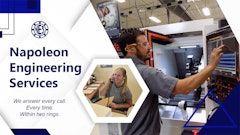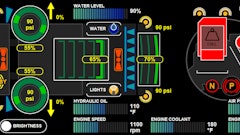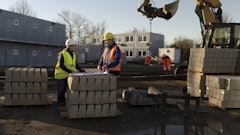The Department of Energy announces that approximately $40 million from its Advanced Research Projects Agency-Energy (ARPA-E) will be made available for two new programs that will engage our country’s brightest scientists, engineers and entrepreneurs to develop technologies that shift our cars and trucks off oil. One program will develop cost effective and energy efficient manufacturing techniques to process and recycle metals that could help make lighter vehicles. The second program will develop biological technologies that will improve the conversion of natural gas to liquids for transportation fuels, designed to reduce vehicle emissions compared to conventional gasoline engines.
“These innovative programs will leverage the ingenuity of U.S. scientists, engineers and entrepreneurs to develop breakthrough technologies to fuel cars with natural gas and to process and recycle metals,” says ARPA-E Deputy Director Cheryl Martin. “Breakthroughs in these areas could transform America’s energy economy by enhancing advanced manufacturing and utilizing domestic energy sources to power our vehicles, and reducing carbon pollution and other harmful emissions.”
The Modern Electro/Thermochemical Advancements for Light-metal Systems (METALS) program, which has $20 million in available funding, will develop innovative technologies for cost-effective processing and recycling of Aluminum, Magnesium and Titanium. These metals have high strength-to-weight ratios that make them ideal for creating lighter vehicles that can save fuel and reduce carbon emissions. Utilizing domestically available ores and reducing energy inputs and emissions from processing can make light metals cost competitive with current materials, such as steel. METALS will also develop technologies for rapid and efficient light metal sorting to enable domestic recycling. More information is available here.
The Reducing Emissions using Methanotrophic Organisms for Transportation Energy (REMOTE) program, which has $20 million in available funding, will develop transformational biological technologies to convert gas to liquids for transportation fuels. Using unique biological conversion methods, REMOTE will develop innovative catalysts and lab scale reactors to efficiently and cost-effectively convert natural gas. Current gas to liquids approaches are technologically complex and require large, capital-intensive facilities, which limit widespread adoption. This program aims to lower the cost of gas to liquids conversion while enabling the use of low-cost, domestically sourced natural gas for transportation, and reducing vehicle emissions compared to conventional gasoline engines. More information is available here.




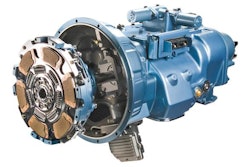
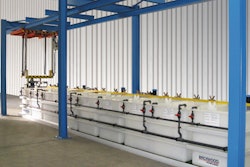



![Hcm Ax Landcros Press Release[32] jpg](https://img.oemoffhighway.com/mindful/acbm/workspaces/default/uploads/2025/11/hcmaxlandcros-press-release32jpg.mAEgsolr89.jpg?ar=16%3A9&auto=format%2Ccompress&fit=crop&h=135&q=70&w=240)




